Specialization
With the edge nursing practitioners already have over registered nurses in acquiring advanced education, skills, and experience, you have more opportunities to further advance your career, whether that is in healthcare, management, or education. Indeed, the different types of nursing careerscan be as varied as they are exciting at this stage, and paths include clinical nursing specialists, nurse managers, and nurse educators. With the right training, NPs often make six figures for rewarding work. And with some of today’s top NP specializations you can choose from Family Care, Adult Gerontology Acute and Primary Care, Neonatal Care, Pediatrics, Psychiatric Mental Health, and Women’s Health. Moreover, you can also take the non-clinical path and choose to become a Nurse Educator, Nurse Informaticist (specializing in managing Information Technology used in nursing), Health Policy Specialist, or even a Chief Nursing Officer.
Continuing Education
All NPs need to obtain continuing education (CE) on a regular basis. As an alternative to periodic re-examination in validating continued competence, you can maintain your specialty certification with CE. It's important to check CE requirements with the Board of Nursing in the state where you acquired your license, as well as its certifying board. After determining these requirements, you can then choose from live conferences, online video, or text-based courses that offer high-quality and evidence-based post-professional education for NPs. The notable institutions known to offer this type of training are the AANP, Advanced Practice Education Associates (APEA), Barkley & Associates, Fitzgerald Health Education Associates, PRIME Education, and the Nurse Practitioner Associates for Continuing Education (NPACE).
Mentorship
After specialization and continuous learning, the next thing an NP can do is teach. This doesn't have to be in a school, as mentoring is considered a teaching-learning process in nursing. Here, you can provide insight and help other nurses grow and mature professionally, while learning from them in the process as well. It is a great opportunity to impart wisdom and practice leadership in the nursing practice and can help you increase self-efficacy in this new advanced practice role.
In order to develop mentoring skills, simulation can help you build confidence and improve communication skills through experiential learning. Using simulation as a learning method for developing communication skills can increase perceived self-efficacy. The three areas that communication simulation focuses on are defensiveness, disrespect, and incivility. Practitioners who undergo this type of training can improve their teaching and collaboration skills, which is why simulation is rated as an effective method in understanding the recommended courses on mentoring, developing skills, and increasing self-confidence.
As the second best healthcare profession, third in 100 best careers, and third best STEM job, being an NP provides satisfaction and plenty of growth opportunities. Whether it’s specialization, continuing education, or mentorship, whatever path an NP chooses to take has a positive outlook in shaping the future of healthcare.
15% Off Medical Practice Supplies
VIEW ALL
 Manual Prescription Pad (Large - Yellow)
Manual Prescription Pad (Large - Yellow) Manual Prescription Pad (Large - Pink)
Manual Prescription Pad (Large - Pink) Manual Prescription Pads (Bright Orange)
Manual Prescription Pads (Bright Orange) Manual Prescription Pads (Light Pink)
Manual Prescription Pads (Light Pink) Manual Prescription Pads (Light Yellow)
Manual Prescription Pads (Light Yellow) Manual Prescription Pad (Large - Blue)
Manual Prescription Pad (Large - Blue)__________________________________________________
Appointment Reminder Cards
$44.05
15% Off
$56.30
15% Off
$44.05
15% Off
$44.05
15% Off
$56.30
15% Off
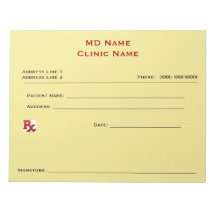
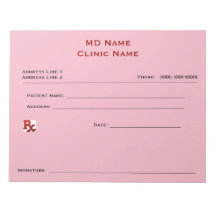
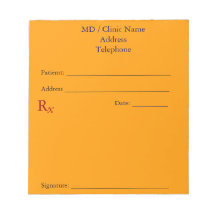
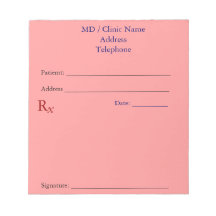
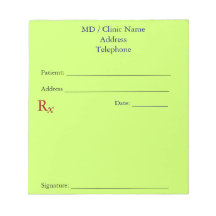
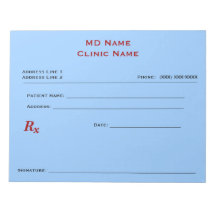
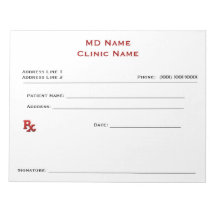
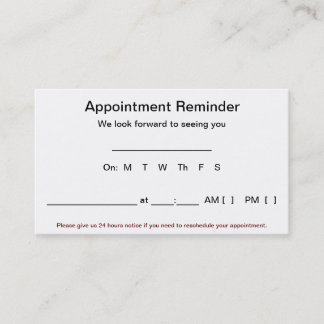
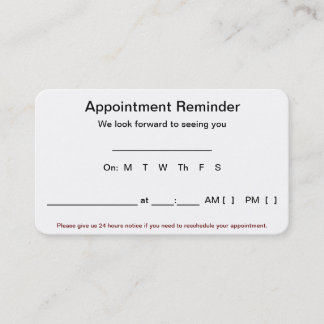
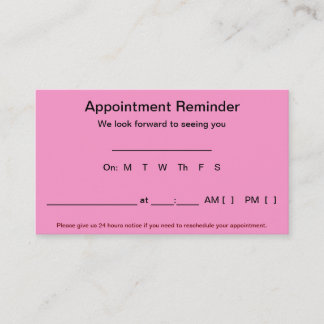
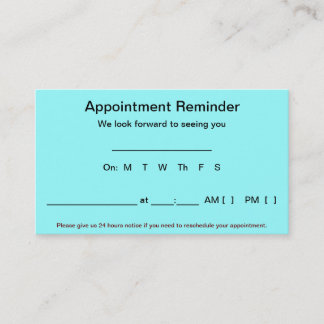
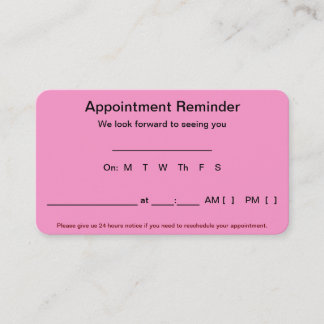
No comments:
Post a Comment